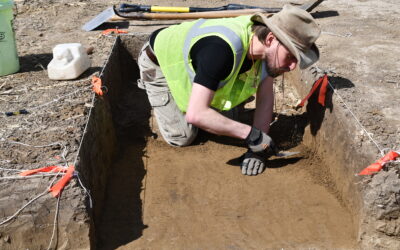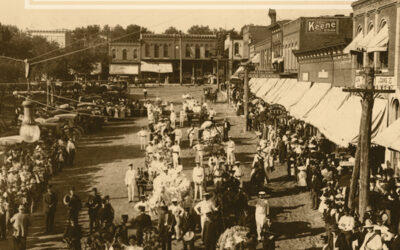The Mid-West Hotel Reporter (Omaha), of February 10, 1933, included a report, written shortly after the event, of the burning of Omaha’s historic Millard Hotel. “With the mercury down to 15 below zero fire broke out in the Millard Hotel at a late hour Wednesday night. The fire spread rapidly in spite of the full fighting force of the Omaha department. Water froze wherever it touched exposed places where there was no fire, and the weight of ice brought a collapse of several sections of the burning building.
“Full particulars are not yet at hand, but as this is written shortly after noon Thursday, there are seven firemen dead and one missing, probably buried in the ruins. In addition there are fourteen firemen in the several hospitals, several in serious condition due to falls and the collapse of walls and floors. Frozen fingers, feet and faces added to the general distress. . . . No guests of the Millard suffered serious injury, many losing apparel and some jewelry.
“Erected 50 years ago the Millard was long the leading hotel of Omaha, one of the political centers of Nebraska. It was made famous in its early days by Markel & Swobe, long identified with hotel and catering activities. E. T. Swobe was manager and the firm made a fortune there.
“They were followed by Rome Miller, who kept up the reputation of the hotel and acquired considerable wealth. He later disposed of it when he opened the Iler Grand, now the Rome, and for several years, it has been under lease to Harry Weiner. In an interview with Mr. Weiner he placed his loss at $250,000. He was at his home Thursday morning, being almost overcome by the excitement of the fire, the intense cold and over-exertion in seeing that no one in the hotel was the victim of the fire. He was in the lobby at the time of the fire and helped in giving the alarm to the 45 guests registered.”
The succeeding issue of the Mid-West Hotel Reporter said: “Good results may follow this catastrophe, as the city electrician is looking after wiring in many buildings . . . . There seems to be no evidence that poor wiring was the cause of the Millard fire, but much of that wiring was not in accordance with city ordinances, much of it being old and not properly protected.”



